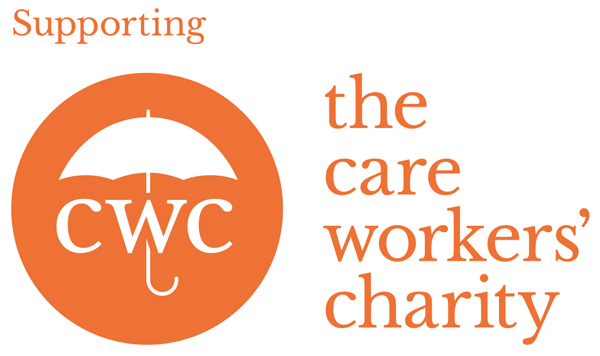We wanted to share with you the progress we have been making to ensure that outdoor visits are more comfortable for both residents and relatives, and to move towards safe in-home visits between relatives and residents.
Increased visitors
We are pleased to advise the following changes to our visiting rules:
- Up to six people, space and social distancing guidelines permitting, from up to two households can now visit residents outside.
- These visits can now take place for up to 45 minutes.
- Garden visitors can change from week to week and do not need to be designated visitors.
- Window visits are subject to the same rules: up to six people and up to two households.
Enhanced outdoor visits
Our care homes have been working hard to enhance outdoor visits, including:
- Constructing robust gazebos for visits to take place in;
- Arranging for residents to remain inside while visits take place, e.g. conducting visits at French doors that open out into the garden area;
- Purchasing outdoor heaters;
- Installing intercoms so that residents and relatives can speak to each other through a closed window without the need for mask wearing, making the interaction easier for both parties;
In-home visits
Since the Scottish Government’s guidelines on enhanced care home visits were announced on 12 October 2020, community transmissions of COVID-19 have continued to increase. It is our strong belief that there remain too many risk factors to ensuring safe in-home visits, with the main risks surrounding testing. The accuracy and turnaround of COVID-19 testing of our staff remains poor and there is still no provision to allow families to receive a test prior to visiting our care homes. That said, Balhousie Care Group has been working hard to make indoor visits happen in safe manner. The last several weeks have seen us closely engaged with Scottish Government and health officials in order that we can move forward with safe indoor visits. In addition, we have been researching rapid response testing and have plans to trial the latest technology in rapid response testing. If accurate, these could support the safe reintroduction of indoor visitation in our homes. We will continue to keep you updated on the progress of these trials and of the discussions.
Our decision-making
We fully appreciate the extreme challenges faced by you and your loved ones in having to deal with limited visits. However, until supporting safety measures go far enough for us to feel comfortable, and in the wake of rising cases of the virus, we believe we have no choice but to delay in-home visits. Please be assured that these decisions are not taken lightly. They involve discussions with our Operations and Clinical teams, Home Managers and Advisory Board members. We also seek advice and information from our Health and Social Care Partners, Scottish Government and the care home sector’s trade organisations. We feel immensely proud of our staff for their hard work in dealing with the first wave of COVID-19 and in their positive outlook as we head into the winter months.
Innovation
We are proud of our hardworking care home staff and Operations teams and of how they have not only risen to the challenges of COVID-19, but sought to adapt and pivot in the face of enormous restrictions, in order to keep residents occupied and stimulated and relatives informed. Among the most recent innovations are: a Gig on a Truck initiative in association with Perth Concert Hall and Theatre (taking place in homes’ car parks); inviting visitors in ‘virtually’ through a series of home tours; online pantomimes via Zoom; our weekly relatives’ email newsletter, which is rapidly gaining in subscribers; closed Facebook groups for relatives to see what’s going on in their loved one’s home.
We are always open to suggestions and would love your input on how we can maintain and strengthen activity and communication over the coming months. We all have a long, challenging winter ahead of us. It is our firm belief that that we, our residents, relatives and health and social care partners should work together, respectfully and supportively, to get through it.









